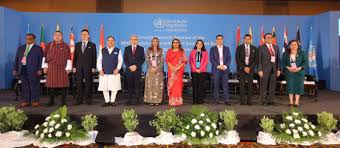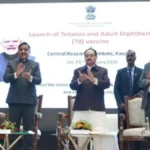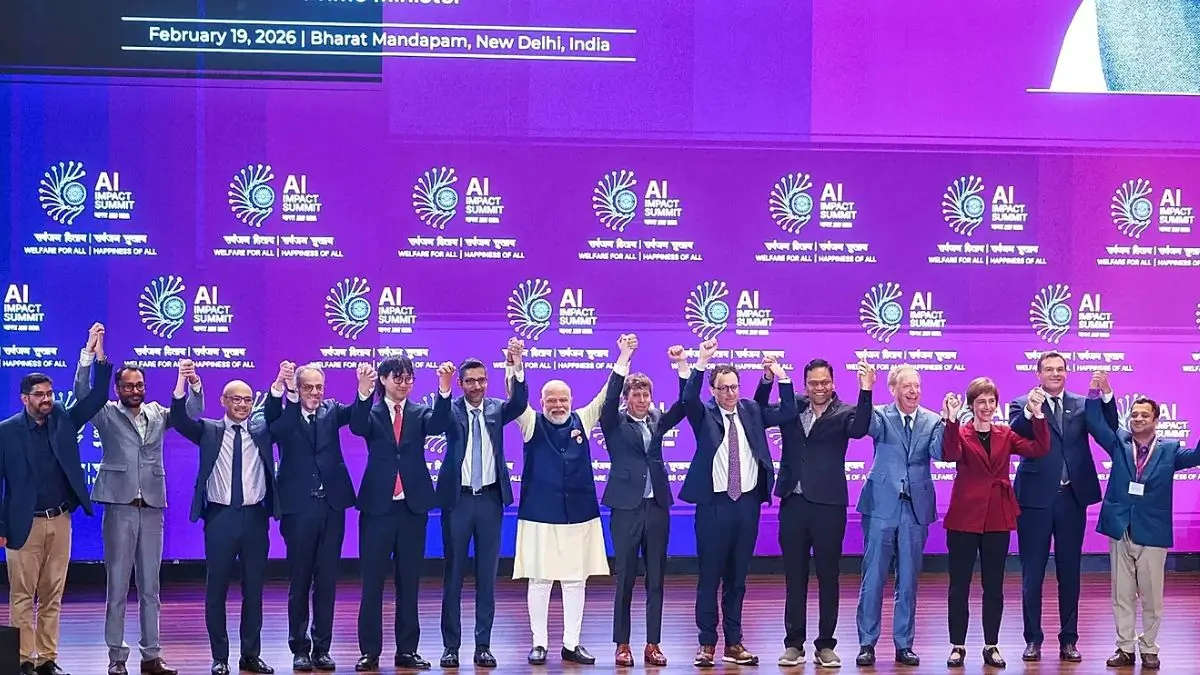77th WHO Regional Committee for South-East Asia: Key Outcomes and Implications
Introduction to the 77th WHO Regional Committee Meeting
The 77th session of the WHO Regional Committee for South-East Asia took place from September 4 to 7, 2023, in New Delhi, India. This significant event gathered health ministers and senior officials from 11 member states, aiming to address critical health challenges facing the region. The committee underscored the need for collaborative efforts to enhance health systems and tackle public health threats, including communicable and non-communicable diseases.
Key Discussions and Resolutions
During the session, various crucial topics were discussed, including the COVID-19 pandemic, mental health, universal health coverage (UHC), and the rising threat of antimicrobial resistance. The delegates emphasized strengthening national health systems and improving health security across the region. The meeting also highlighted the need to adapt health strategies to meet the evolving challenges posed by climate change and urbanization, which significantly impact health outcomes.
Emphasis on Universal Health Coverage
One of the pivotal resolutions was the commitment to achieve universal health coverage (UHC) by 2030. The member states recognized that UHC is essential for promoting health equity and improving overall health outcomes. The delegates agreed to share best practices and resources to strengthen health systems, enhance healthcare access, and reduce financial barriers to healthcare services.
Commitment to Mental Health Initiatives
Mental health was another focal point of the discussions, with an emphasis on integrating mental health services into primary healthcare systems. The committee recognized the growing burden of mental health issues in the region and stressed the importance of raising awareness, reducing stigma, and ensuring access to mental health services.
Addressing Antimicrobial Resistance
The growing threat of antimicrobial resistance (AMR) was a critical concern during the meeting. The committee called for urgent action to implement the Global Action Plan on AMR and urged member states to enhance surveillance, strengthen regulatory frameworks, and promote responsible use of antimicrobials.

Why This News is Important
Strengthening Health Systems in South-East Asia
The outcomes of the 77th WHO Regional Committee for South-East Asia are vital for the region’s health systems. With emerging health threats, including pandemics and non-communicable diseases, the commitment to strengthening health infrastructure is crucial. The resolutions adopted during this meeting can guide national health policies and improve healthcare access for millions.
Addressing Public Health Challenges
The discussions around mental health and antimicrobial resistance highlight the commitment of member states to address public health challenges comprehensively. By prioritizing these issues, the WHO Regional Committee can pave the way for more effective public health responses, ultimately leading to healthier populations in the South-East Asia region.
Global Health Security
In the context of increasing global health threats, the resolutions from this meeting contribute to enhancing global health security. By focusing on UHC, mental health, and AMR, the region can better prepare for future health crises, ensuring that vulnerable populations are protected.
Historical Context
Overview of WHO Regional Committees
The WHO Regional Committees serve as the primary decision-making bodies for the World Health Organization (WHO) in their respective regions. Established in 1948, these committees meet annually to discuss health policies, review health progress, and make recommendations to improve health systems. The South-East Asia region, which includes countries such as India, Indonesia, and Bangladesh, faces unique health challenges, including communicable diseases, malnutrition, and emerging health threats.
Past Sessions and Progress
In previous sessions, the committee has addressed various issues, including the response to the COVID-19 pandemic, immunization strategies, and the fight against non-communicable diseases. The resolutions from these meetings have significantly impacted health policies in member states, leading to improved health outcomes and enhanced healthcare delivery systems.
Key Takeaways from the 77th WHO Regional Committee for South-East Asia
| Serial Number | Key Takeaway |
|---|---|
| 1 | The 77th session emphasized strengthening health systems in South-East Asia. |
| 2 | Universal health coverage (UHC) is a key priority for member states by 2030. |
| 3 | Mental health integration into primary healthcare was a significant discussion point. |
| 4 | Antimicrobial resistance (AMR) was recognized as a growing public health threat. |
| 5 | The committee committed to sharing best practices to enhance healthcare access and equity. |
Important FAQs for Students from this News
1. What is the purpose of the WHO Regional Committee for South-East Asia?
The WHO Regional Committee for South-East Asia serves as the primary decision-making body for the World Health Organization in the region. It aims to discuss health policies, review health progress, and make recommendations to improve health systems.
2. When and where was the 77th WHO Regional Committee meeting held?
The 77th WHO Regional Committee meeting was held from September 4 to 7, 2023, in New Delhi, India.
3. What were the key topics discussed during the 77th session?
The key topics included universal health coverage (UHC), mental health integration into primary healthcare, antimicrobial resistance (AMR), and responses to the COVID-19 pandemic.
4. Why is universal health coverage important?
Universal health coverage is crucial for ensuring that all individuals have access to necessary healthcare services without financial hardship, promoting health equity and improving overall health outcomes in the region.
5. How does antimicrobial resistance (AMR) affect public health?
AMR poses a significant threat to public health as it can render common infections difficult to treat, leading to prolonged illness, increased healthcare costs, and greater risk of death. Addressing AMR is essential for maintaining effective healthcare systems.
Some Important Current Affairs Links

















